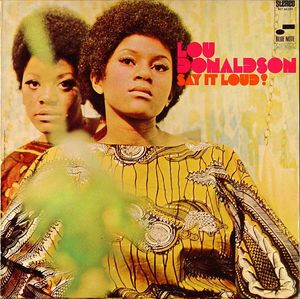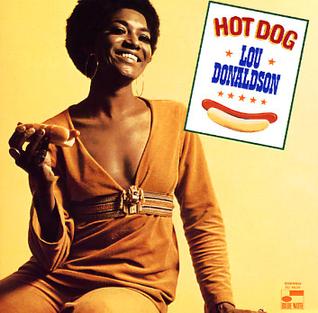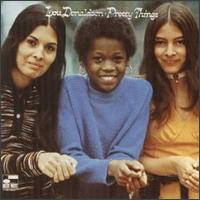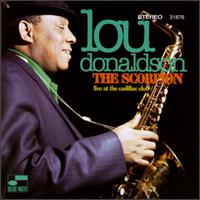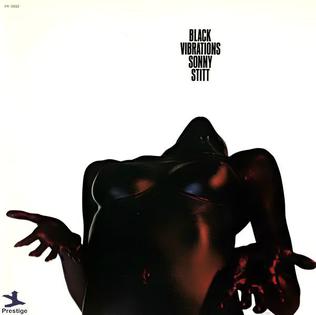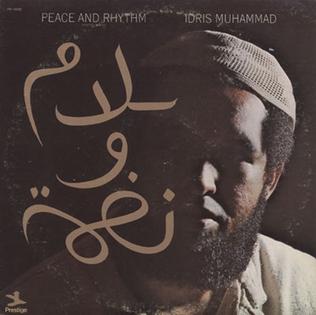| Cosmos | ||||
|---|---|---|---|---|
 | ||||
| Studio album by Lou Donaldson | ||||
| Released | 1971 | |||
| Recorded | July 16, 1971 | |||
| Genre | Jazz | |||
| Label | Blue Note | |||
| Producer | George Butler | |||
| Lou Donaldson chronology | ||||
| ||||
| Professional ratings | |
|---|---|
| Review scores | |
| Source | Rating |
| Allmusic | |
Cosmos is an album by jazz saxophonist Lou Donaldson recorded for the Blue Note label featuring Donaldson with Ed Williams, Leon Spencer, Melvin Sparks, Jerry Jemmott, Idris Muhammad, and Ray Armando, with vocals by Mildred Brown, Rosalyn Brown, and Naomi Thomas, arranged by Jimmy Briggs. [2]
Jazz is a music genre that originated in the African-American communities of New Orleans, United States, in the late 19th and early 20th centuries, and developed from roots in blues and ragtime. Jazz is seen by many as "America's classical music". Since the 1920s Jazz Age, jazz has become recognized as a major form of musical expression. It then emerged in the form of independent traditional and popular musical styles, all linked by the common bonds of African-American and European-American musical parentage with a performance orientation. Jazz is characterized by swing and blue notes, call and response vocals, polyrhythms and improvisation. Jazz has roots in West African cultural and musical expression, and in African-American music traditions including blues and ragtime, as well as European military band music. Intellectuals around the world have hailed jazz as "one of America's original art forms".

Lou Donaldson is a jazz alto saxophonist. He is best known for his soulful, bluesy approach to playing the alto saxophone, although in his formative years he was, as many were of the bebop era, heavily influenced by Charlie Parker.

Blue Note Records is an American jazz record label that is owned by Universal Music Group and operated with Decca Records. Established in 1939 by Alfred Lion and Max Margulis, it derives its name from the blue notes of jazz and the blues. Originally dedicated to recording traditional jazz and small group swing, from 1947 the label began to switch its attention to modern jazz. Although the original company did not record many of the pioneers of bebop, significant exceptions are Thelonious Monk, Fats Navarro and Bud Powell.






